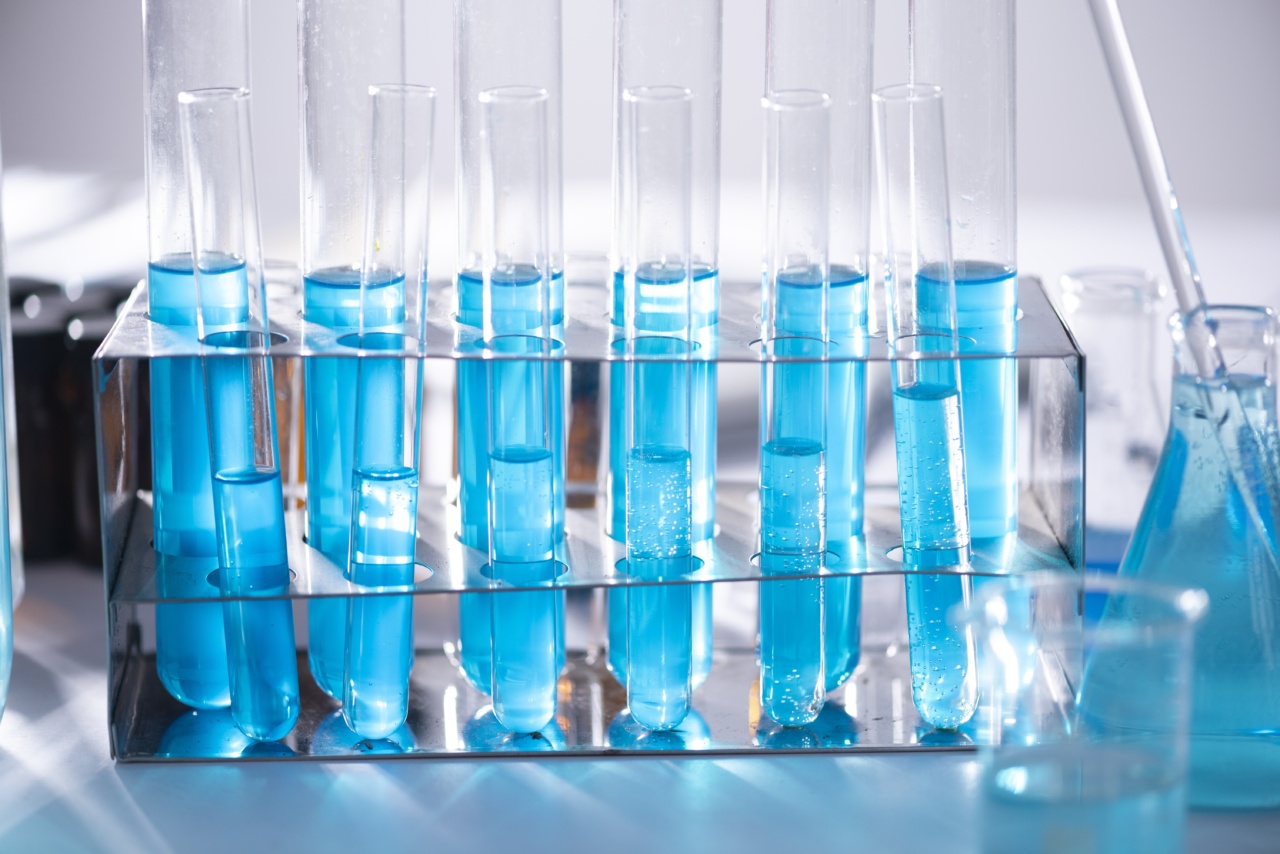Cancer is one of the leading causes of death worldwide, accounting for more than 9 million deaths each year. Despite decades of research, the treatment of cancer remains a significant challenge.
Current cancer therapies, such as chemotherapy, radiation therapy, and surgery, have several limitations, including toxicity, drug resistance, and high cost. Therefore, there is an urgent need for more effective and less toxic cancer therapies.
In recent years, there has been growing interest in using bacteria to treat cancer.
Bacteria have several advantages over conventional cancer therapies, including their ability to target and penetrate cancer cells and their potential to activate the immune system. However, the use of bacteria to treat cancer is not a new idea. Researchers have been exploring the use of bacteria in cancer therapy for more than a century.
Nevertheless, it is only in recent years that scientists have found a way to make bacteria more effective against cancer cells.
Cyclin-Dependent Kinase (CDK) Research in Cancer Treatment
CDKs play a crucial role in cell cycle regulation, DNA replication, and gene transcription. The CDKs are a family of protein kinases that control the progression of the cell cycle by phosphorylating specific target proteins.
Dysregulation of CDK activity can cause uncontrolled cell division and ultimately lead to cancer. Therefore, CDKs have become a promising target for cancer therapy.
CDK inhibitors have been developed as a potential cancer therapy. These drugs are designed to block the activity of specific CDKs and prevent the division of cancer cells.
However, CDK inhibitors have shown limited efficacy in clinical trials, and their use is associated with a range of adverse effects.
Revolutionary Step – Combining Bacteria and CDK Inhibitors
In recent years, researchers have identified a novel approach to enhance the efficacy of CDK inhibitors in cancer treatment. They have found that some bacteria can penetrate cancer cells and deliver therapeutic drugs directly into them.
Thus, scientists have engineered bacteria to carry and deliver CDK inhibitors directly into cancer cells. This approach provides several advantages over conventional cancer therapy, including targeted delivery of drugs and higher drug concentrations within cancer cells.
The results of early studies on cancer treatment with bacteria using CDK inhibitors are promising. Researchers have shown that bacteria carrying CDK inhibitors can effectively kill cancer cells both in vitro and in vivo.
Most importantly, this combination therapy was found to be less toxic than traditional chemotherapy and radiation therapy. Also, early clinical trials have demonstrated promising results, and this approach is expected to enter into later phases of clinical development in the near future.
Future Directions for Cancer Treatment with Bacteria and CDK Inhibitors
Cancer treatment with bacteria using CDK inhibitors represents a revolutionary step in cancer therapy. However, several challenges remain, including optimization of bacteria for targeted delivery and scalability of the production of bacteria.
Researchers are working to develop more potent and selective CDK inhibitors that can overcome drug resistance and reduce adverse effects.
In addition, they are exploring the use of bacteria in combination with other cancer treatments, such as immunotherapy. Finally, researchers are also investigating the use of CRISPR/Cas9 gene editing to enhance the efficacy of bacteria in cancer therapy by introducing genetic modifications in the bacteria.
Conclusion
The use of bacteria in cancer therapy is an exciting and rapidly evolving field.
The combination of bacteria and CDK inhibitors represents a remarkable breakthrough in cancer therapy, providing an innovative approach to cancer treatment that is both safe and effective. This approach has the potential to overcome the limitations of traditional cancer therapies and provide better outcomes for cancer patients.






















